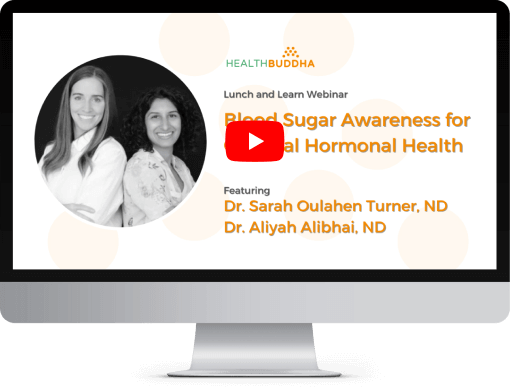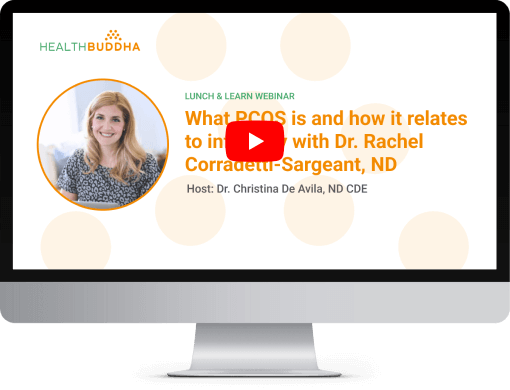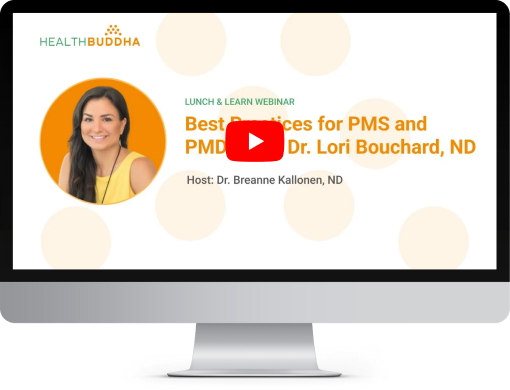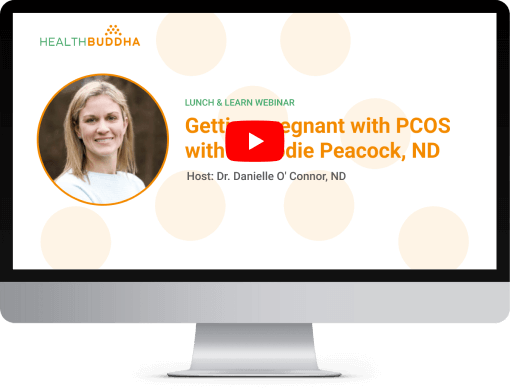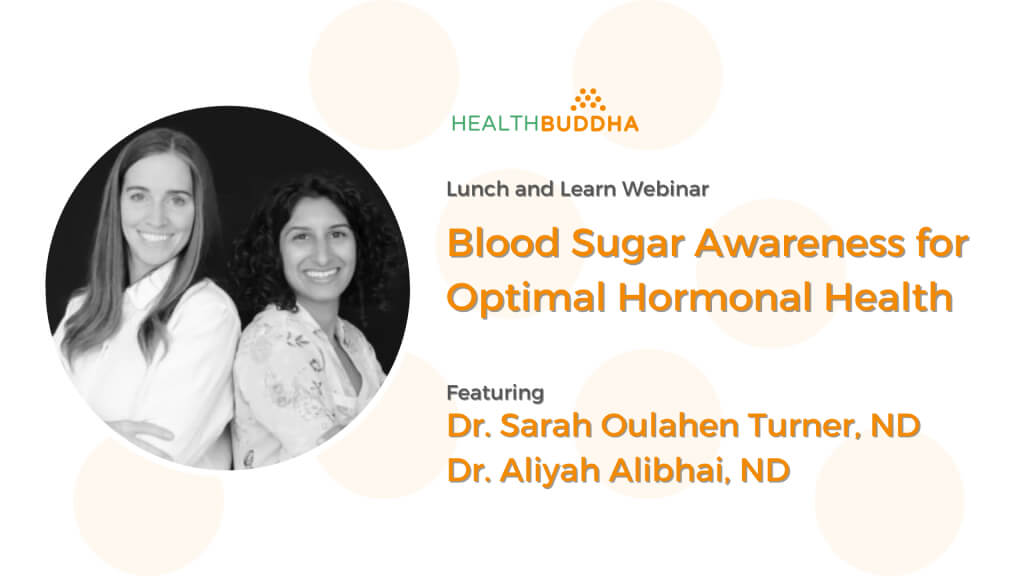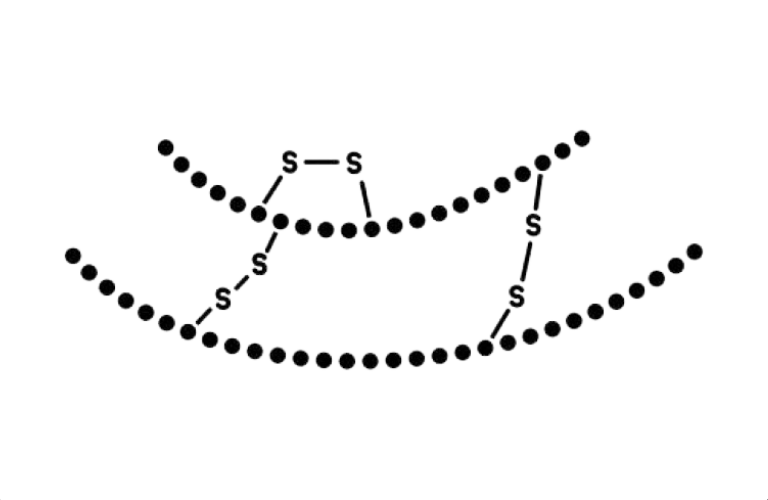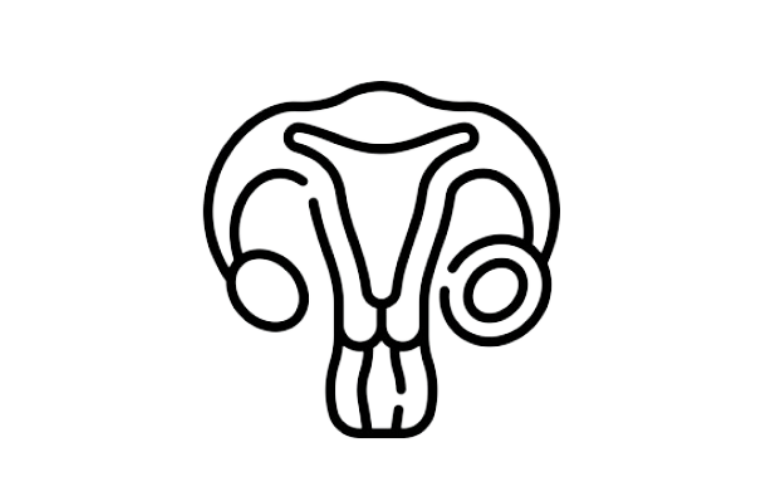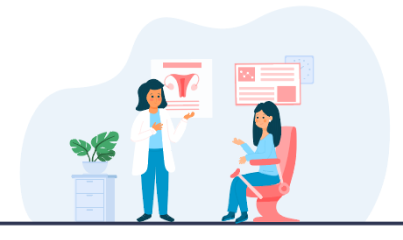Understanding PCOS & Pregnancy
Many women with PCOS struggle to become pregnant. This is because the high levels of male hormones prevent the release of an egg (ovulation).
Women with PCOS are also at a higher risk of developing complications during pregnancy. However, by managing the symptoms, many women with PCOS can become pregnant and also have a healthy baby.
You can increase your chances of getting pregnant by maintaining a healthy weight, eating healthy, exercising, and monitoring ovulation and timing sexual intercourse around ovulation.
If none of these recommendations work, your doctor might order fertility tests and prescribe fertility medications to help you ovulate. With lifestyle changes or infertility treatment, majority of women with PCOS do become pregnant.
PCOS and Pregnancy Risk: PCOS and pregnancy can also increase your risk of some complications, such as miscarriage, high blood pressure induced by the pregnancy, gestational diabetes, premature birth, need for caesarean delivery, risk of the baby dying around the time of delivery, and of being admitted to a new-born intensive care unit. It is important that you speak to your doctor if you have PCOS and are pregnant. The risk of complications during your pregnancy can be reduced by monitoring PCOS symptoms and taking extra care.
Dr. Sophia Chachula
Naturopathic Doctor in Mississauga
Dr. Viktoriya Zabigaylo
Naturopathic Doctor in Mississauga
Dr. Andriana Setnik
Naturopathic Doctor in Canada
Dr. Sarah White
Naturopathic Doctor in Oakville
Losing Weight with Polycystic Ovarian Syndrome
Hormonal imbalances, insulin resistance, and inflammation related to PCOS make it difficult for women with this condition to shed weight. However, even a weight loss of approximately 5% can improve insulin resistance, hormone levels, menstrual cycles, fertility, and overall quality of life in women with PCOS.
In order to achieve weight loss in PCOS, consider the following naturopathic doctors:
Dr. Kathryne Chapman
Naturopathic Doctor in Orangeville
Dr. Jodie Peacock
Naturopathic Doctor in Oakville
Dr. Robyn Murphy
Naturopathic Doctor in Toronto
Dr. Sarah Oulahen Turner
Naturopathic Doctor in Toronto

